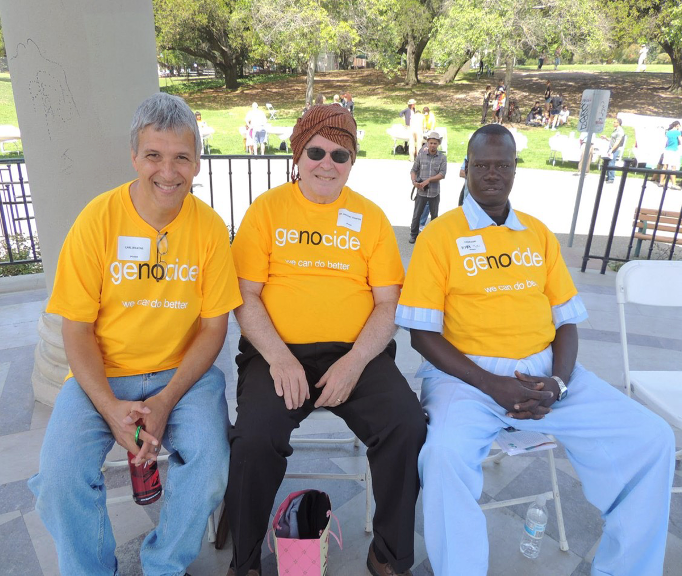Social Justice
Social Justice
Inj. u Without Justice, courage is weak. Imagination disposes of everything, it creates beauty, justice happiness which is everything in the world

Marginalized communities refer to groups of people who experience social, economic, and/or political exclusion or discrimination based on characteristics such as race, ethnicity, gender, socioeconomic status, disability, or religion. These communities often face systemic disadvantages, limited access to opportunities, and unequal treatment in various aspects of life, including education, employment, healthcare, housing, and criminal justice. Marginalization can perpetuate cycles of poverty and restrict individuals’ ability to fully participate in society. Recognizing and addressing the unique challenges faced by marginalized communities is essential for promoting social justice, equity, and inclusivity, as well as dismantling the structures that perpetuate their marginalization.
Society’s collective lens is now sharply focused on the disparity of experience among different social groups. People are energized regarding crucial issues—legal protections, abuse of women, the rights of indigenous peoples, ethnic or tribal favoritism, and more. Today’s educators have a unique opportunity to advocate for their students and communities, and to demand substantive change. Here are some ways that we have listed to enable us advance social justice in our marginalized communities, individually and through alignment with like-minded people in our community and nationwide.
- Build networks: We will strive to allocate more allies to work with and hold each other accountable and work to Partner with organizations that are doing similar work.
- Use our privilege: We will use privilege to help vulnerable population who are in needs.
- Call out injustice: We will continue to speak up about injustices or discrimination. We can also intervene in unsafe situations using the 5 Ds of bystander that include: intervention: Direct: directly intervene in the situation, Delegate: call and ask for help or assistance from someone else, Distract: use distraction as a technique to check in with the person involved, Delay: delay your intervention, de-escalate and speak up, and Document: document the situation related to what happened.
- Educate community members: Research social justice issues, brush up on history, and ask questions when needed. We can continually re-evaluate our habits and beliefs through learning, self-reflection, and being open to growth
- Contribute to initiatives: We will offer grants to qualified community-based organizations that provide scholarships, mentorship programs, or healthcare services in underserved areas.
- Use social media: Social media platforms like Twitter, Instagram, and Facebook can amplify the voices of marginalized communities. Individuals from different backgrounds can share their stories, express their opinions, and connect with like-minded people.
- Harness the power of social media: Social media platforms like Twitter, Instagram, and Facebook have become powerful tools for sharing messages with large audiences without leaving home and they can amplify the voices of marginalized communities. They provide resourceful ways to stay focused and organized around important causes. From joining groups to posting articles and sharing personal experiences, they can help facilitate community building, awareness, and collaboration. Individuals from different backgrounds can share their stories, express their opinions, and connect with like-minded people.
- Designate an equity team: We can create initiatives for grouping people together by putting specific people in charge of ensuring that efforts reflect a commitment to social justice and racial equity can help.
By maintaining good social justice in our communities, can lead us into many positive outcomes that include but not limited to:
- Fairness and equity: Social justice aims to promote fairness and equity in many areas of society, such as economic, educational, and workplace opportunities. It can also help to promote equality between genders and races.
- More inclusive societies: Social justice initiatives can help to create more inclusive and empathetic societies by giving marginalized communities a platform to share their experiences, challenge stereotypes, and advocate for their rights.
- Policy reforms: Social justice movements can play a key role in shaping policy reforms that promote equality and justice. Grassroots initiatives can use advocacy, lobbying, and public pressure to drive legal changes.
- Safety and security: Social justice can be important to the safety and security of individuals and communities. For example, social workers can help children and families access health care, quality education, and support services.
- Breaking the cycle of poverty: Social justice practices can help to break the cycle of poverty by providing underprivileged students with additional resources, such as scholarships, tutoring, and mentoring programs.
"Injustice anywhere is a threat to justice everywhere" Martin Luther King Jr.
So what we do is

